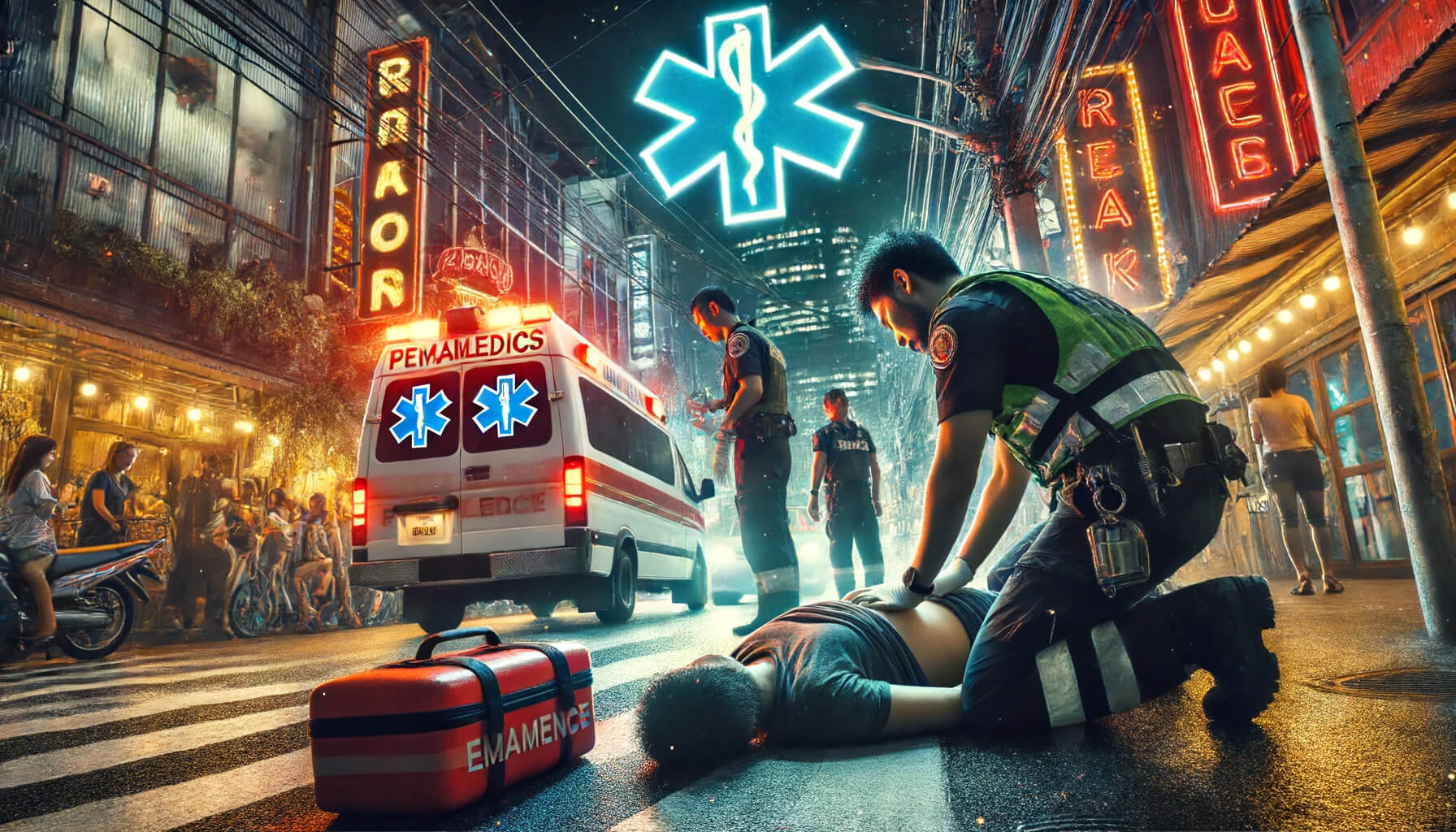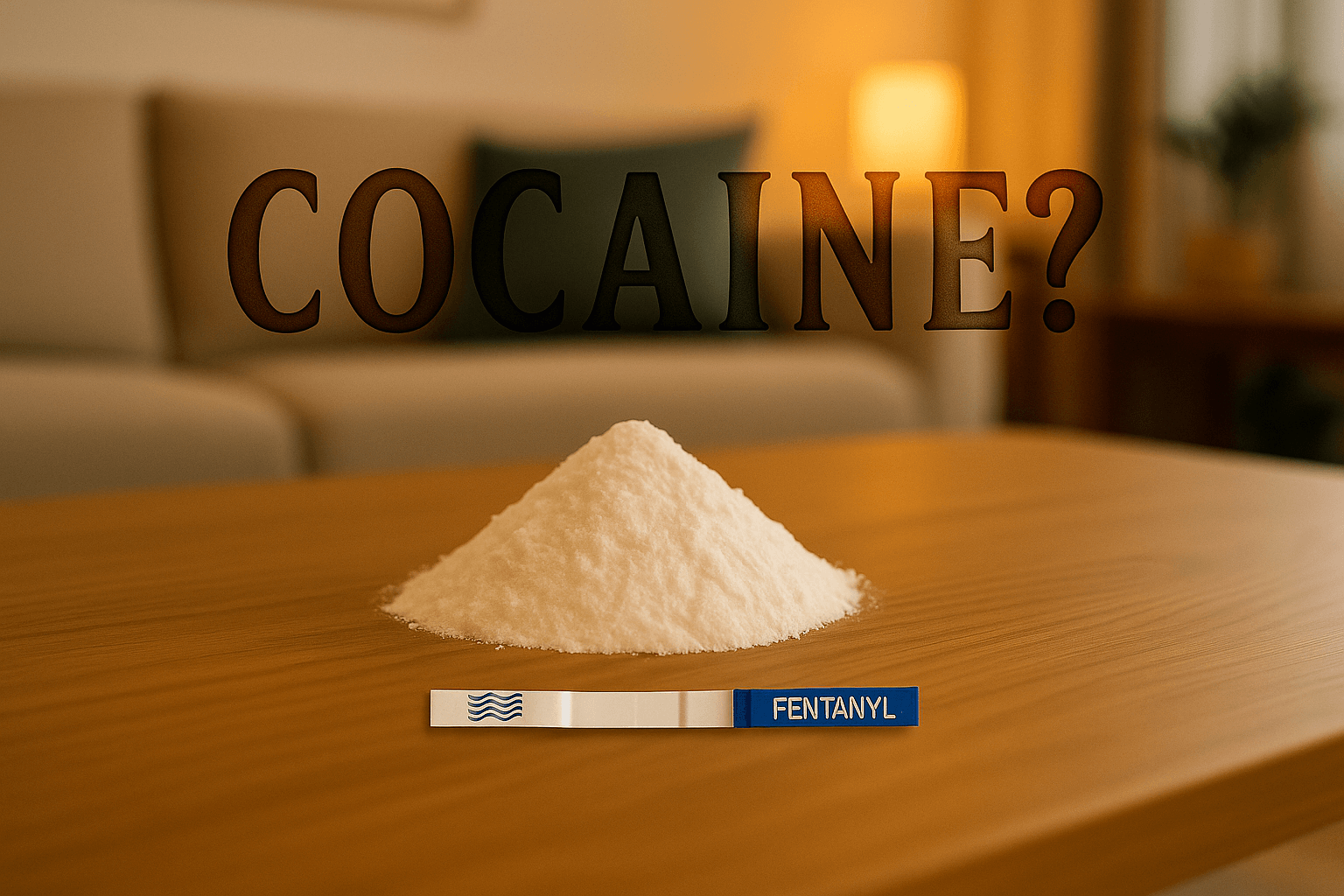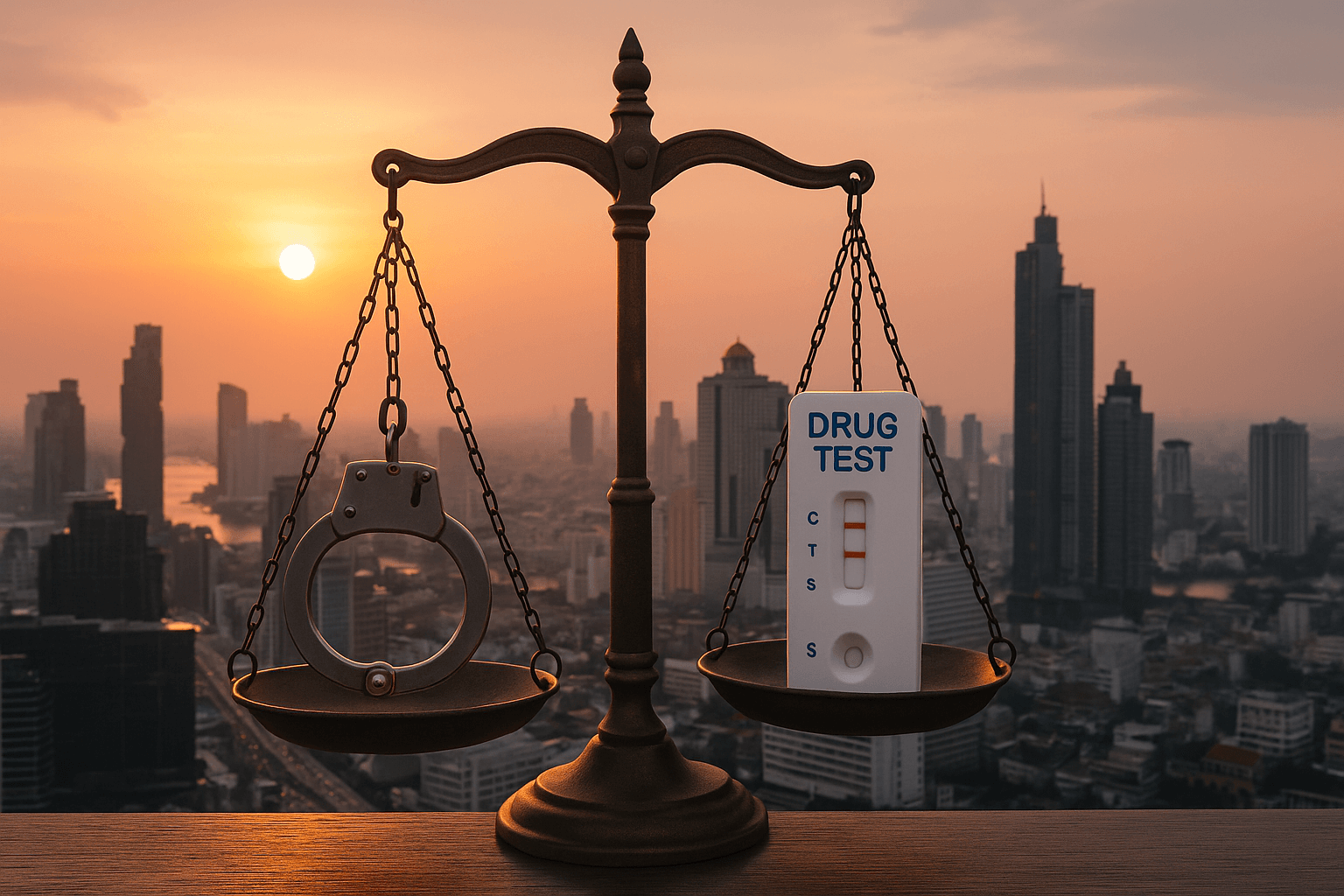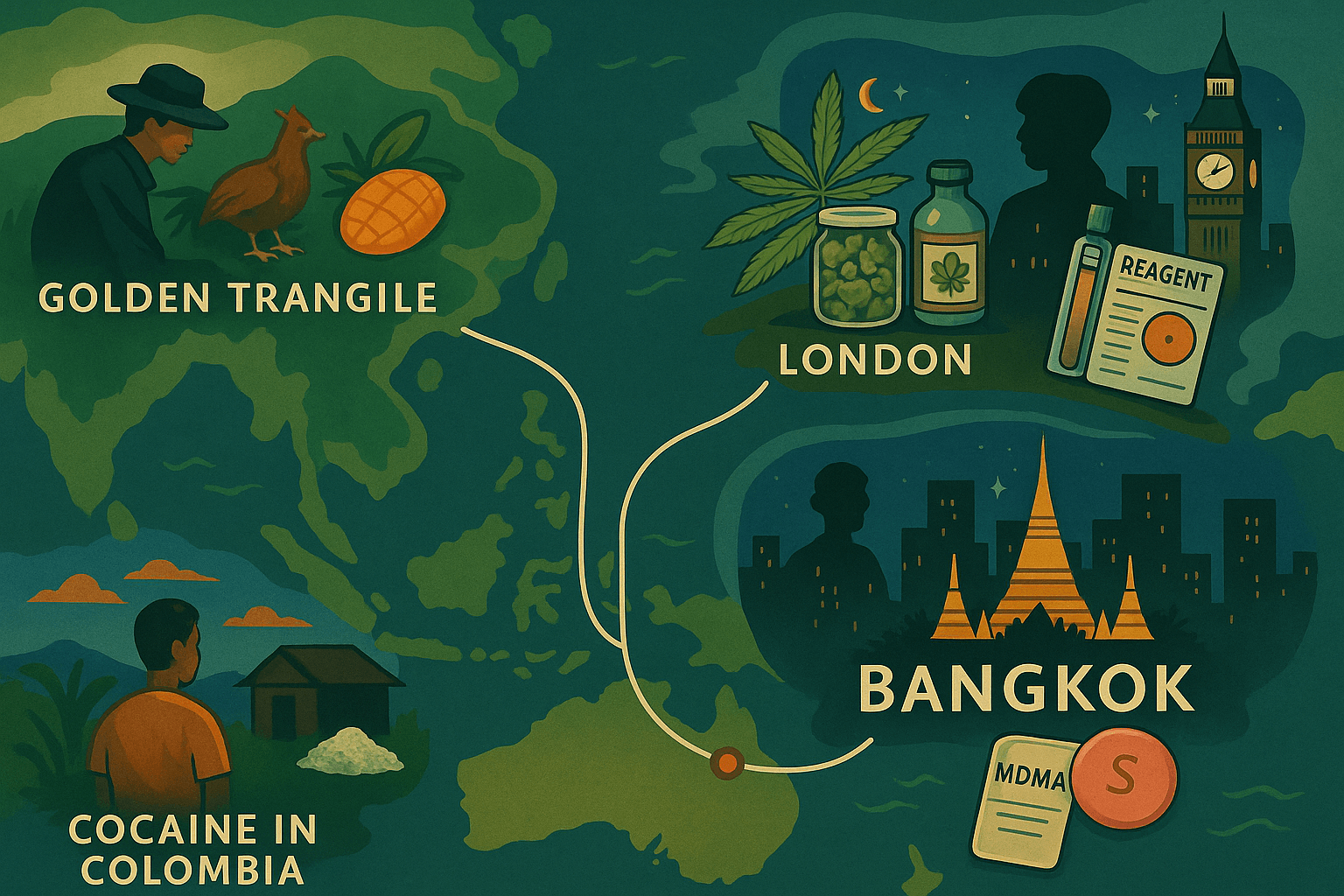Cocaine, a powerful stimulant derived from the coca plant, is known for its euphoric effects and high potential for addiction. However, its use carries significant risks, including the possibility of a life-threatening overdose (OD). This article explores the dangers of cocaine overdose, the symptoms to watch for, and the steps to take in an emergency, with a focus on the situation in Bangkok, Thailand.
Understanding Cocaine Overdose
Can you overdose on cocaine?
The answer is unequivocally yes. A cocaine overdose occurs when the drug overwhelms the body’s natural processes, leading to severe and potentially fatal consequences. The risk of overdose is heightened when cocaine is mixed with other substances or consumed in its more potent form, such as crack cocaine1,2.
Statistics on Cocaine Overdose
The prevalence of cocaine-related overdose deaths has been rising globally. In the United States, drug overdose deaths involving cocaine increased by 73.5% from 2019 to 20221. The National Institute on Drug Abuse (NIDA) reported that cocaine-involved deaths rose from 6,784 in 2015 to 15,883 in 20191.
A recent study published in the Journal of Substance Abuse Treatment found that in Thailand, cocaine-related overdose deaths have increased by 27% between 2018 and 2022, with the majority of cases occurring in Bangkok. The study also highlighted that a significant portion of these overdoses involved the co-involvement of opioids, particularly fentanyl.
Signs and Symptoms of Cocaine Overdose
Recognizing the signs of a cocaine overdose is crucial for timely intervention. Early symptoms may include:
- Rapid heart rate and palpitations
- Anxiety and restlessness
- Agitation
- Raised blood pressure
- Dilated pupils
- Excessive sweating
- Severe headache
- Chest pain
- Difficulty breathing1,2
As the overdose progresses, more severe symptoms can manifest, including:
- Extremely high body temperature
- Profuse sweating
- Flushed skin
- Racing and irregular heartbeat
- Seizures
- Tremors and muscle twitches
- Rapid or shallow breathing
- Chest pain
- Psychological symptoms such as paranoia, delirium, and panic1,2
Factors Influencing Cocaine Overdose
Several factors can influence the likelihood and severity of a cocaine overdose:
- Individual Tolerance Levels: Higher tolerance may require larger amounts to overdose, but this is not a guarantee of safety.
- Purity and Strength of Cocaine: Purer cocaine is more potent and more likely to cause an overdose.
- Method of Consumption: Injecting or smoking cocaine carries a higher risk of overdose compared to snorting.
- Overall Health: Individuals with compromised cardiovascular health or other medical conditions are at higher risk.
- Polydrug Use: Combining cocaine with other substances, especially opioids, significantly increases the risk of overdose1,2,3.
What to Do in Case of a Cocaine Overdose
If you suspect someone is overdosing on cocaine in Bangkok, immediate action is critical:
- Call Emergency Services: Dial 1669 (Thailand Local) or your local emergency number immediately.
- Provide Details: Inform the operator that you suspect a cocaine overdose and provide as many details as possible.
- Position the Person Safely: Turn the person onto their side to keep their airways open and prevent choking on vomit.
- Stay with Them: Offer reassurance and try to keep them calm and comfortable.
- Avoid Giving Other Substances: Do not give them any other substances or try to induce vomiting1,2.
Treatment for Cocaine Addiction
Preventing a cocaine overdose starts with addressing the root cause: addiction. Professional treatment options in Bangkok include:
- Medically Assisted Detox: Helps manage withdrawal symptoms safely.
- Behavioral Therapies: Cognitive Behavioral Therapy (CBT) and Contingency Management can help develop coping mechanisms and prevent relapse.
- Support Groups: Organizations like Narcotics Anonymous (NA) provide peer support and encouragement.
- Comprehensive Treatment Programs: These may include individual and group therapy, family therapy, and aftercare support1,2.
Cocaine overdose is a serious and potentially fatal condition that requires immediate medical attention. Recognizing the signs and symptoms, understanding the risk factors, and knowing what to do in an emergency can save lives. If you or someone you know is struggling with cocaine addiction in Bangkok or anywhere else, seeking professional help is the best way to prevent an overdose and begin the journey to recovery.
By understanding the dangers of cocaine use and taking proactive steps, we can reduce the risk of overdose and promote healthier, drug-free lives.
- NIDA. “Drug Overdose Death Rates.” (https://nida.nih.gov/research-topics/trends-statistics/overdose-death-rates) ↩︎
- NCBI. “Recent Increases in Cocaine-Related Overdose Deaths and the Role of Opioids.” (https://pubmed.ncbi.nlm.nih.gov/28177817/) ↩︎
- CDC. “Co-involvement of Opioids in Drug Overdose Deaths Involving Cocaine and Psychostimulants, 2011–2021.” (https://www.cdc.gov/nchs/nvss/vsrr/drug-overdose-data.htm) ↩︎




